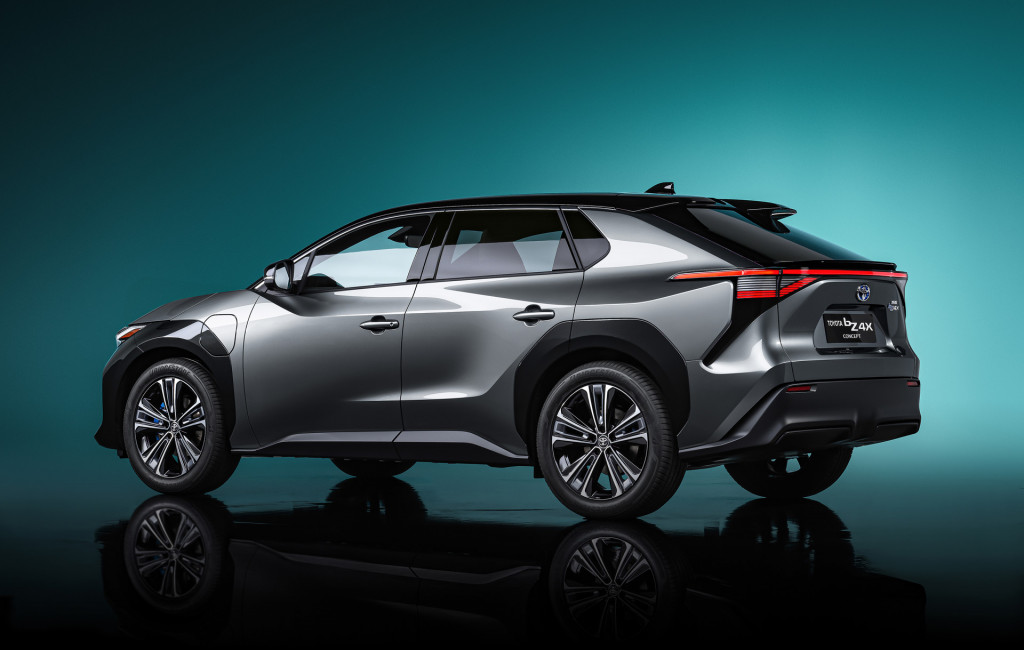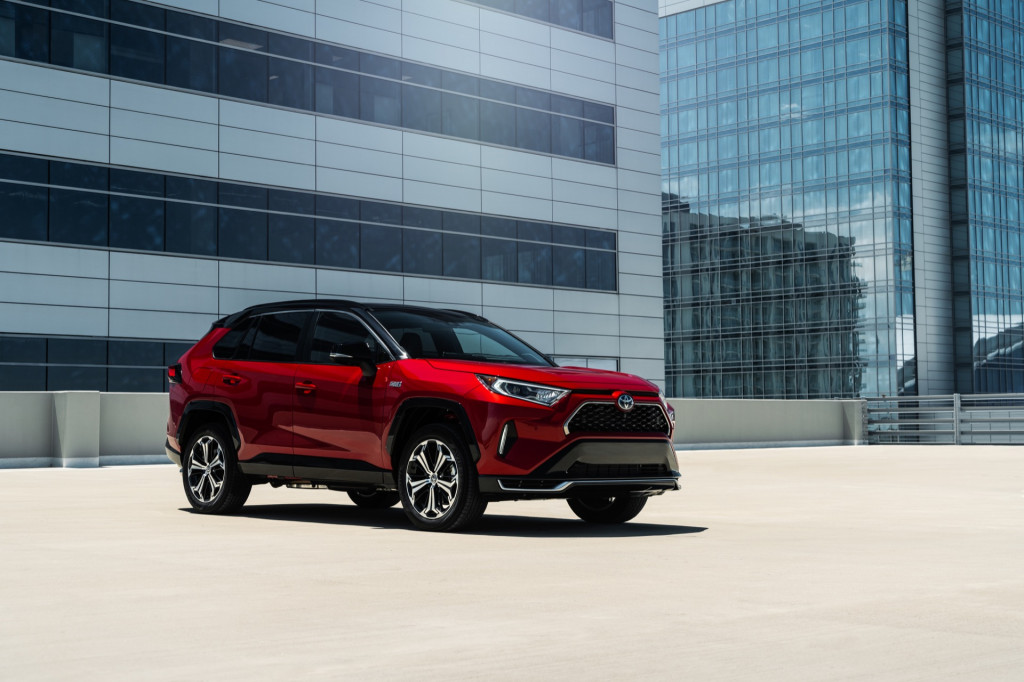Toyota plans US-made batteries by 2025: Will more ambitious EV targets follow?
Toyota on Monday announced plans to invest $3.4 billion in U.S.-built batteries through 2030.
It’s part of a $13.5 billion global battery development investment made in September by Toyota Motor Corporation that included a push for reducing battery cost by 50% and improving efficiency by 30% over current EV tech.
Of that, Toyota plans to spend $1.29 billion by 2031 to build factories that will create 1,750 jobs. Included are a battery plant (and company) together with Toyota Tsusho, an associated supplier, with aims for that venture to start production in 2025.
“This investment will help usher in more affordable electrified vehicles for U.S. consumers, significantly reduce carbon emissions, and importantly, create even more American jobs tied to the future of mobility,” said Toyota Motor North America CEO Ted Ogawa.
Toyota has said that it plans 15 additional battery electric models, including seven different Toyota bZ (Beyond Zero) models, by 2025.

Toyota BZ4X concept – 2021 Shanghai auto show
Two of those bZ models—the bZ4X crossover, followed by an electric sedan—are due to bow by the end of the 2021 calendar year. One of the others will be an electric pickup. Toyota confirmed in April that it plans to bring a battery electric pickup to the market “in the near future.”
Notably, the battery announcement lacked any rosier outlook for EV sales. Toyota earlier this year released what sounded to be a very limited commitment to them in the U.S. especially. The global automaker, which sold 9.5 million vehicles globally in 2020, plans to sell a cumulative 2 million battery electric models and hydrogen fuel-cell models combined by 2030. In the U.S., Toyota said that battery electric vehicles and fuel-cell models combined will make up just 15% of U.S. sales by then, with the rest mostly hybrids—meaning that it still sees engines under the hood of 85% of its U.S. vehicles at the end of the decade.
That’s quite the contrast next to a number of brands that plan to transition to EV-focused lineups by then, with most or all of their sales skipping tailpipes by the end of the decade.

2021 Toyota RAV4 Prime XSE
Toyota had maintained as recently as 2019 that customers simply weren’t asking for EVs and, as one executive put it then, there was essentially “no demand” for them. It led Toyota’s U.S. executives to sound somewhat defensive about EVs this summer, with executives essentially saying that Toyota isn’t “anti-EV” and would ramp up its EV offerings sooner if customer demand is there.
The automaker pointed out in a release regarding the announcement that it has sold more than 18.7 million electrified vehicles globally and 4.5 million in the U.S.—headlined by the Prius and other hybrids, with a growing lineup of plug-in hybrid Prime models.

